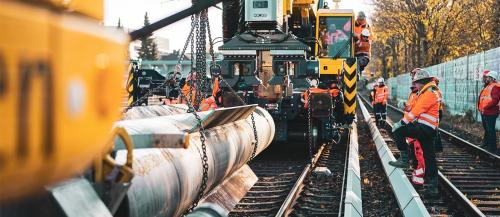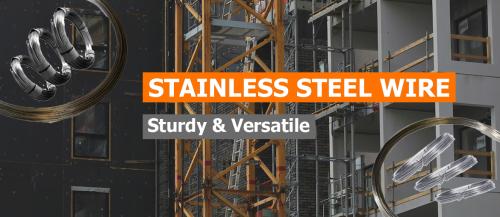Well, the short answer to that question is YES! Stainless steel as a material is fire resistant, boasting properties that prevent unsafe situations such as ignition and spreading of flames. Being one of the most notorious dangers in the world with the potential for fast-spreading and unpredictability, even a small ember has the potential to grow into something much less manageable if given the right conditions – which is why the consideration of what material you are using around fire is of vital importance!
What do scientists say?
Scientists have conducted research into metals in the attempt to identify which material is best utilised for resisting fire; they have tested galvanised steel, aluminum, and more, with the outstanding result of stainless steel coming out on top as the most resistant to fire.
With some work, you may manage to light steel wool with a match, but you won’t be able to do the same with a slab of stainless steel. What makes the steel fire-resistant is actually to do with surface area against the volume of the metal. To initiate the process of burning, you need to bring the steel to a temperature of ignition fast enough to assist a chain reaction which is borderline impossible with stainless steel.
Not only does stainless steel have a natural flair for fire resistance, but it is also durable and resistant to corrosion, giving it a versatile edge in which you can actually make use of it. You will find stainless steel is used wherever you go, common utilisations being:
- Pipes
- Commercial food equipment
- Buildings and structures
- Industry-level storage equipment
- Medical manufacturing
- Commercial kitchens and appliances
In any restaurant across the globe, you will more than likely find that their ovens, frying vats, surfaces, piping, and more are all made of stainless steel because it is that reliable in case the worst was to happen – why not carry this same thesis into your own kitchen?
We recently received a query from a customer where they asked:
“I am looking at your 304 stainless steel tying wire for strapping meat over a barbecue. What gauge would be best for being stiff enough to pierce through the meat but still easy to twist to secure it?”
Our suggestion was to use size 1.6mm as this is soft enough to bend and move into shape all whilst being strong enough to hold its shape and pierce through the meat. You can find our range of stainless-steel tying wire on our website, where you can browse our selection of different sizes and grades to see which one is the best fit for your meats.
This is not the only use for stainless steel tying wire though, it also can be used for tasks such as fixing reinforcement bars that are intricate to the support of concrete keeping it in tension, and fixing insulation products to ensure the heat within your home stays there. Check them out on our website for more information.






